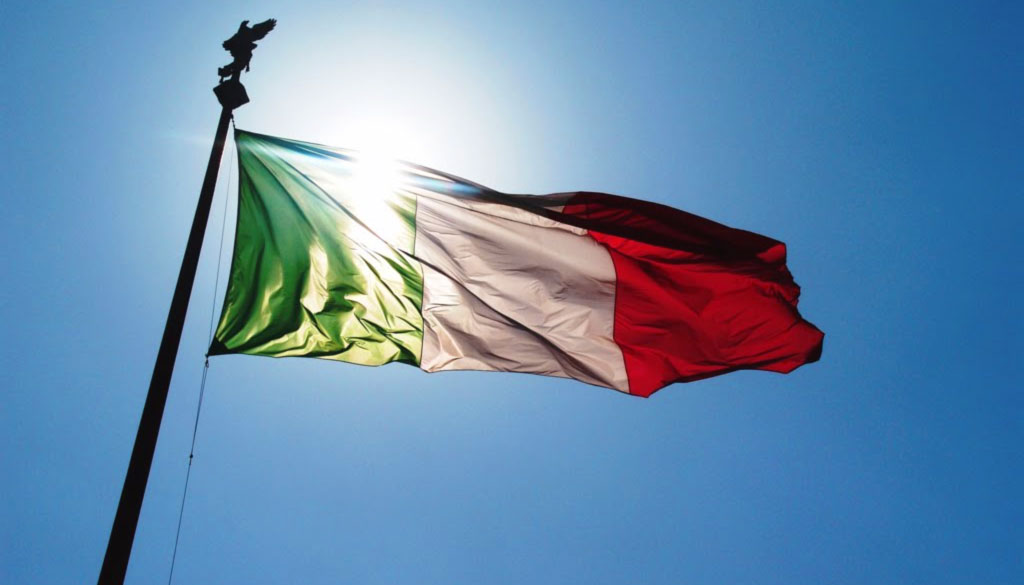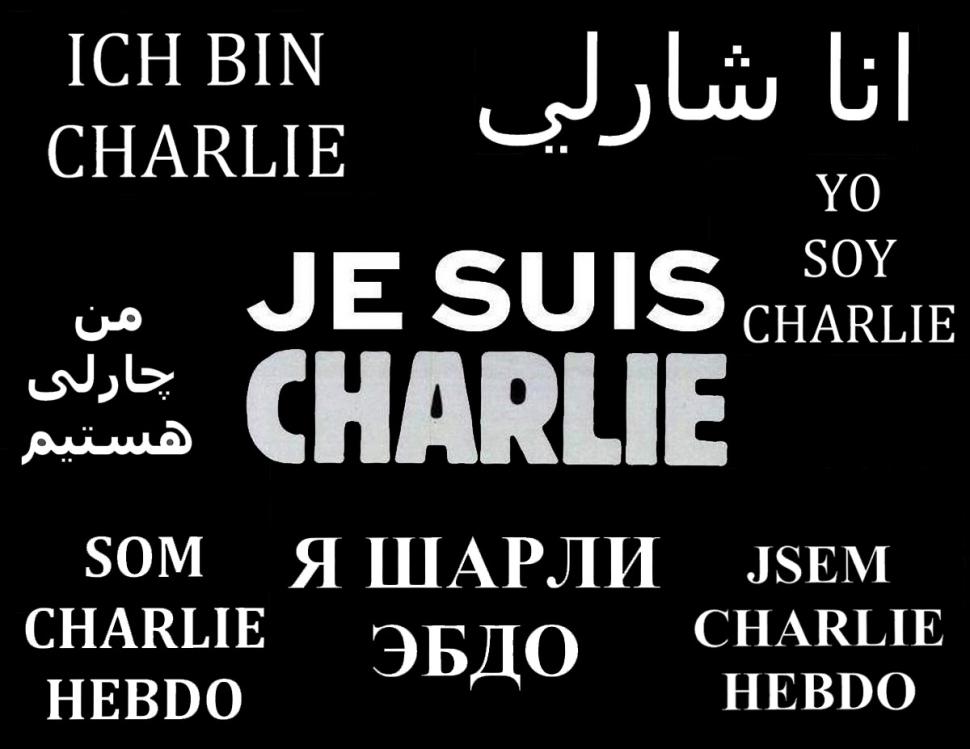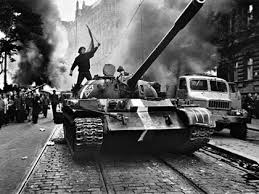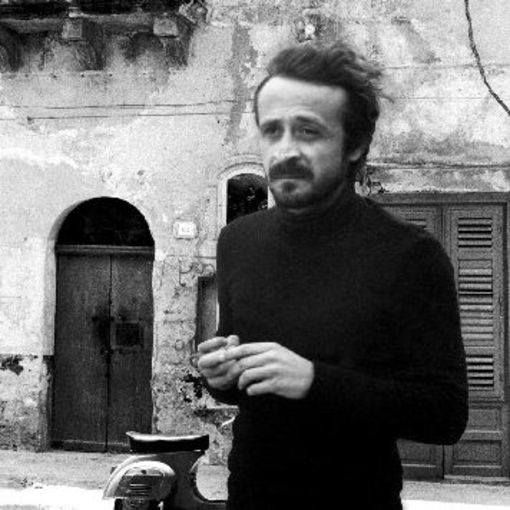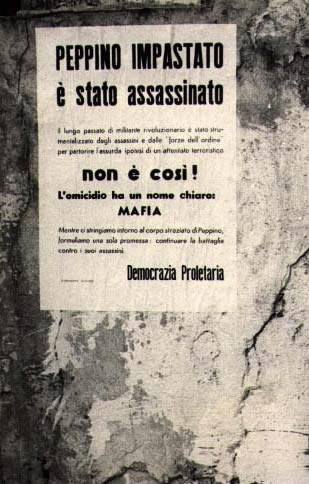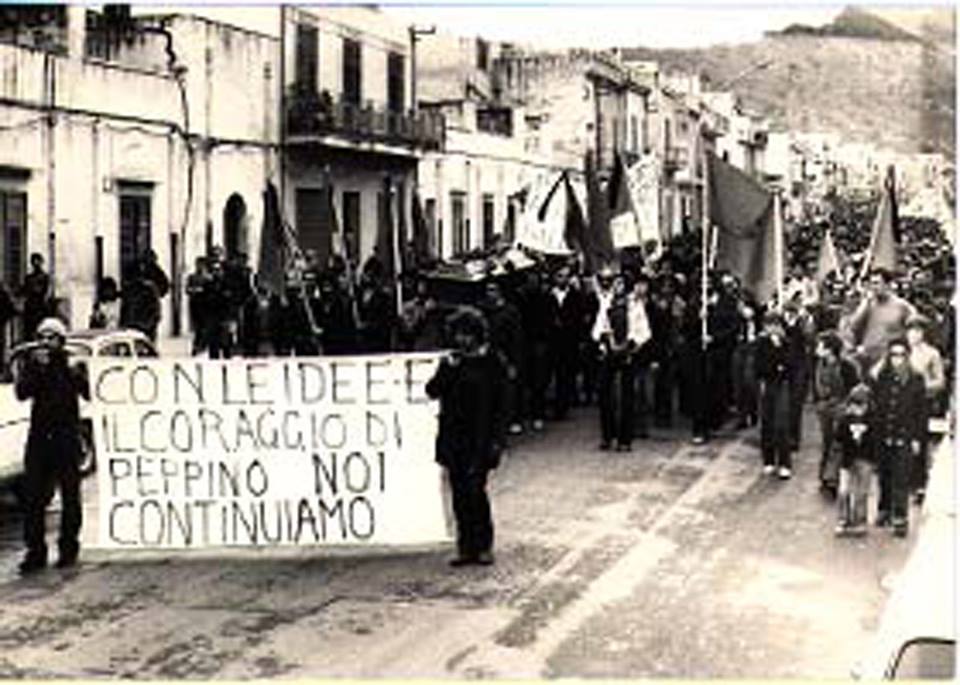A cloth which is used to symbolize a’ identity. In it one can find the colors that represent the values of a human agglomeration. There are various theories about the birth of the tricolour flying so far across the country. The most likely is traced back to the Napoleonic period. The 7 January 1797 Italian tricolor was born in Reggio Emilia. Before the drive d’ Italy. When all’ Parliament of the Cispadane Republic, the Deputy Giuseppe Compagnoni, He saw approved its proposal to “achieve universal the banner or Flag Cispadana three color Green, White, and Red, and that these three Colors you use also in Cispadane Cockade, which should bring all”. These three colors initially placed horizontally took inspiration from the flag of France. In the Italian territory 1796, in a context where the armies of Napoleon-era military campaign was victorious in l’ affirmation of individual republics of Jacobin inspiration who took tricolor pennants. Besides the departments “Italians” that joined the Napoleonic army took on green, Red and white. The Legion of Lombardy was the most fitting example. The three colours before mentioned were already present in the coat of arms of the city of Milan. Green was already present in the milanese civic guard uniforms. However even the soldiers of’ Emilia and Romagna assumed these colours in their flags and by this setting was the decision of the Cispadane Republic to confirm them in its flag. The coat of arms of the Republic lived the White Center of the banner, coat of arms which consisted of a UNS containing four arrows, surrounded by a wreath of Laurel and adorned by a trophy of arms. L’ 11 may 1798 the Cisalpine Republic assumed the three colors in vertical stripes format. After the second Napoleonic campaign around the 1814 the flag ceased to be perceived as dynastic or military flag but was first perceived as a symbol of the people, embodying the values of freedom and identity. The 7 January 1897 Giosué Carducci in a speech in Reggio Emilia had to celebrate the birth of the Italian tricolore giving this interpretation of the three colors “the White, faith serena to ideas that make the divine soul in constancy of the elders; the Green, the perpetual revival of hope in the result of fine young de’ Poets; the Red, the passion and the blood of the martyrs and heroes”.
He concluded his speech with the warning “L’ Italy has risen in the world for themselves and for the world, Ella, to live, must have ideas and his forces, must be an officio his human and civil, moral and political expansion. Return, or young, Science and conscience de’ fathers, and riponetevi in heart what was the feeling the rating on about those old greats who have made home; the Italy forward all! The Italy over everything!” . Hoping at least that it is an encouragement to make this country a place worthy of the culture that has characterized it since forever.
Hector Parker
